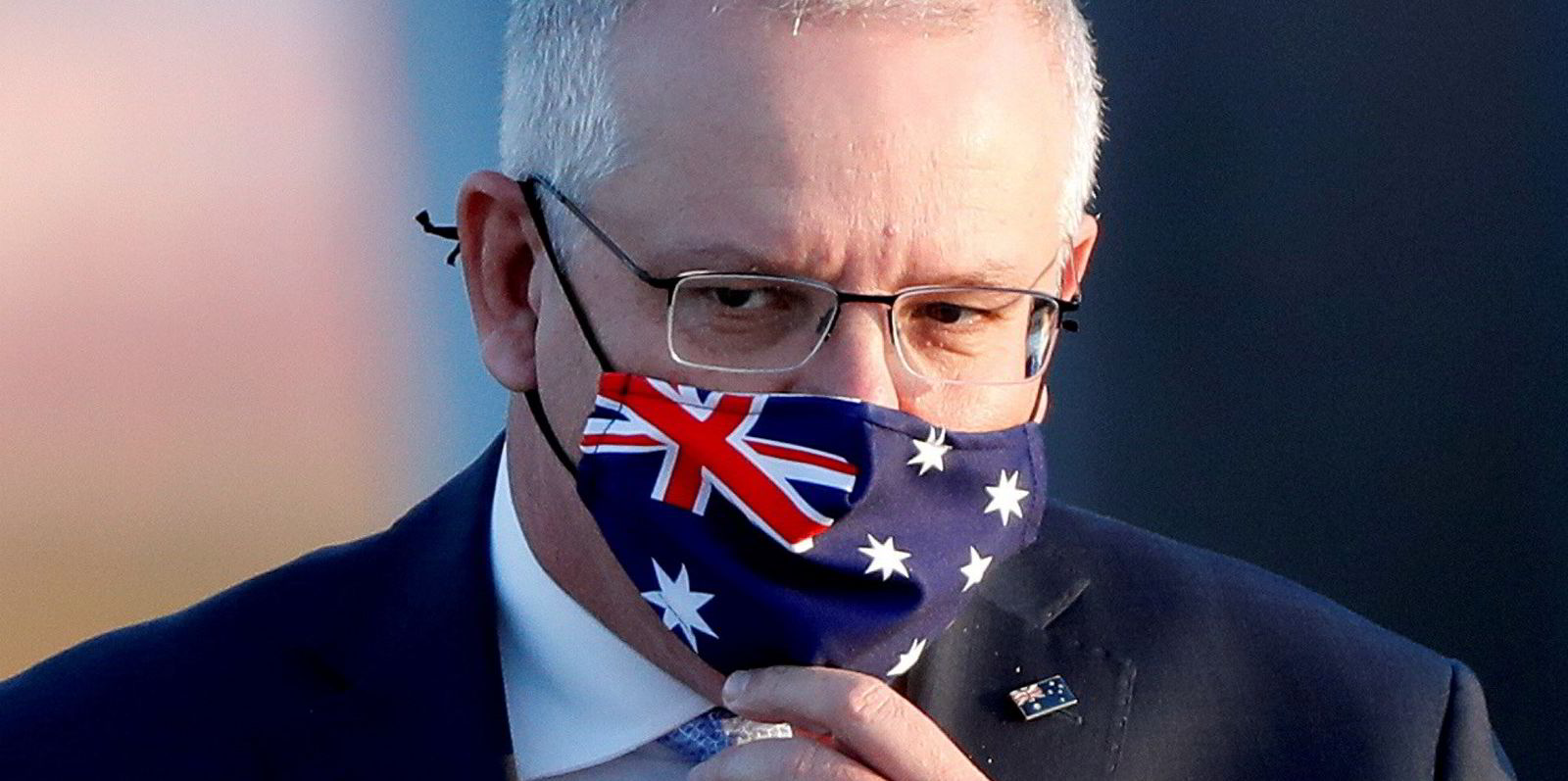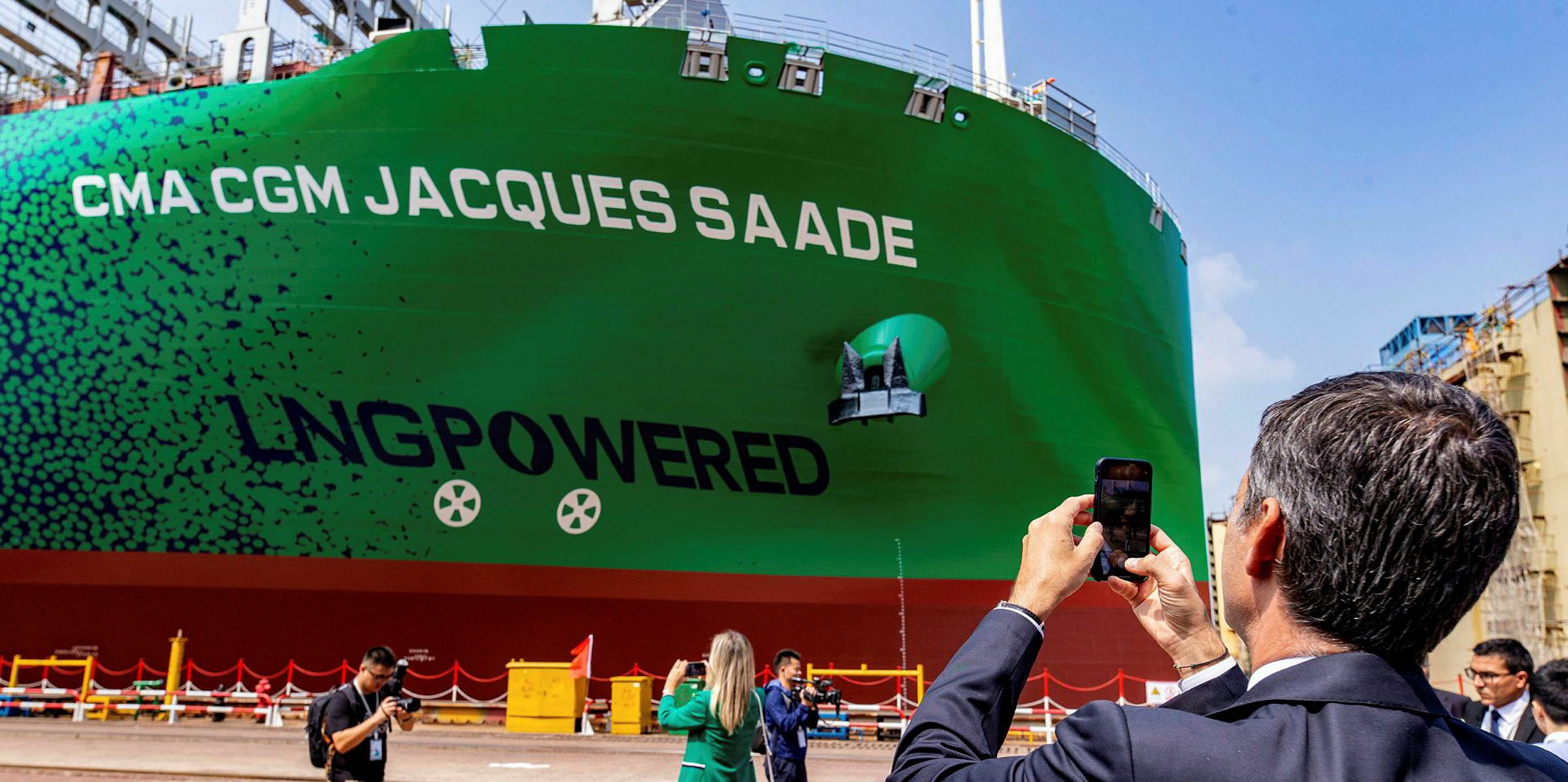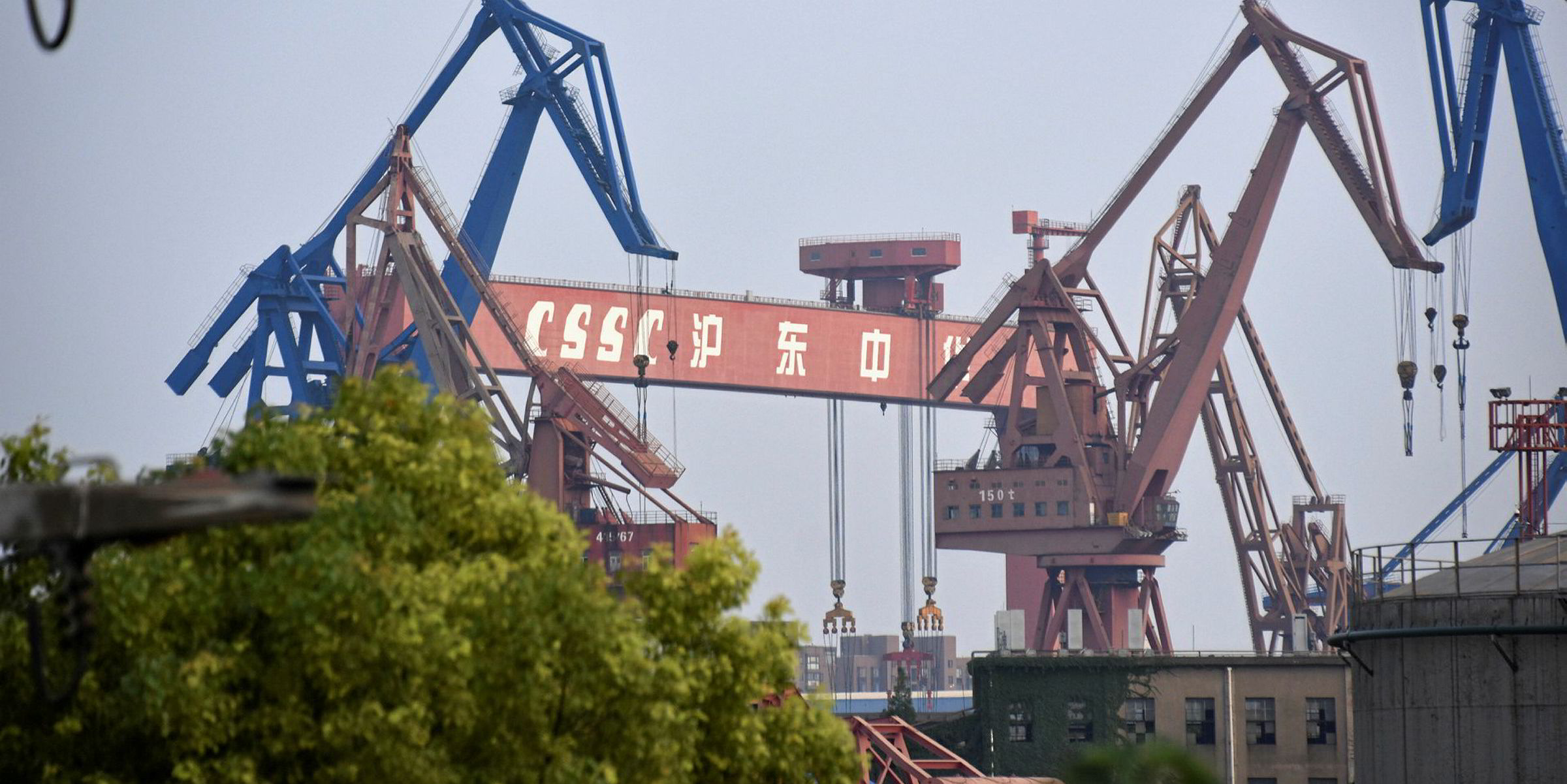The worsening trade war between China and Australia is causing serious trouble for the dry bulk market. But why is it happening and where is it leading, just as hopes rise that a new US president could dial down America’s spat with Beijing?
The dispute escalated this week when a Chinese official posted a fake photo of alleged war crimes by Australian soldiers in Afghanistan.
Beijing raised the temperature with accusations of Australian “barbarism”, much to the outrage of politicians in Canberra.
The verbal onslaughts come amid practical action against Australia: a coal and barley ban, rising trade tariffs on wine, beef and lobsters, plus docking delays, which have led to more than 50 vessels stranded outside Chinese ports.
The impact is rippling across the wider dry bulk sector with lower rates and changes in trading patterns. The biggest hit so far has been on capesize and panamax vessels carrying Australian coal to China. Capesize bulker spot rates recently dropped to their lowest level for nearly half a year.
The Australia-China coal trade represents around 1.2% of total global demand for dry bulk shipping on a tonne-mile basis, according to Cleaves Securities.
Some coal is now being sourced by China from Indonesia, South Africa and Mongolia. But China can also be expected to ramp up local coal production, as was seen when import quotas were exceeded in 2018 and 2019.
Strange situation
It is a strange situation. These two countries have enjoyed the most fruitful economic relationship for a decade.
Fast-growing China has benefited hugely from having close at hand a huge exporter of key commodities, such as foodstuffs, minerals and LNG. Australia has built a $250bn-a-year trading partnership with a sizeable surplus.
But Australia has arguably become far too dependent on this one export market. And mutual trust has been eroding for some time, with Australian politicians — most lately pugnacious prime minister Scott Morrison — becoming increasingly critical of President Xi Jinping.
Problems originate from China’s refusal four years ago to recognise an international court ruling that dismissed its claims to have historic rights over various islands in the South China Sea.
Tensions increased after it was revealed that Chinese businessmen were allegedly making financial donations and seeking to influence Australian politicians.
There were further claims that Beijing was engaged in cyber-spying operations, seeking to gain advantage for Chinese state-owned firms over Australian resources and investment, Reuters has reported.
This led Australia to become the first country — subsequently followed by the US and others — to in effect ban Chinese tech giant Huawei from being involved with the new 5G telecoms network on national security grounds.
But the blue touch paper was really light when Australia followed the US by calling for an investigation into the origin of the Covid-19 virus. The World Health Organization is now undertaking this study and Xi is supportive, but he had long opposed such a move.
Increasing volatility
China denies all the undue influence charges aimed against it, countering that Australia has become paranoid, falling too much under the influence of Donald Trump. Even former prime minister Kevin Rudd has called on both sides for a “radical reset” to calm matters down.
In the meantime, the shipping industry is nervous that rising tensions could lead to a Chinese ban on iron ore from Australia, which would have a more negative impact on the capesize market.
This is unlikely, given that well over 60% of all Chinese iron ore imports come from Down Under, and alternative supplies would be hard to find. Iron ore prices have been at six-year highs and a ban by China would damage its vital steel industry.
Some in the maritime industry who feed off volatility will enjoy the geopolitical stand-off, but most shipowners will not. It is just one more headache, along with the uncertainties of the US-China trade war, Brexit and Covid-19.
Like the US-China relationship, the Asia-Pacific partnership has turned lopsided and ended up as abusive in the absence of proper dialogue. The Coal War was not inevitable, and was probably avoidable, but is certainly nonsensical.






